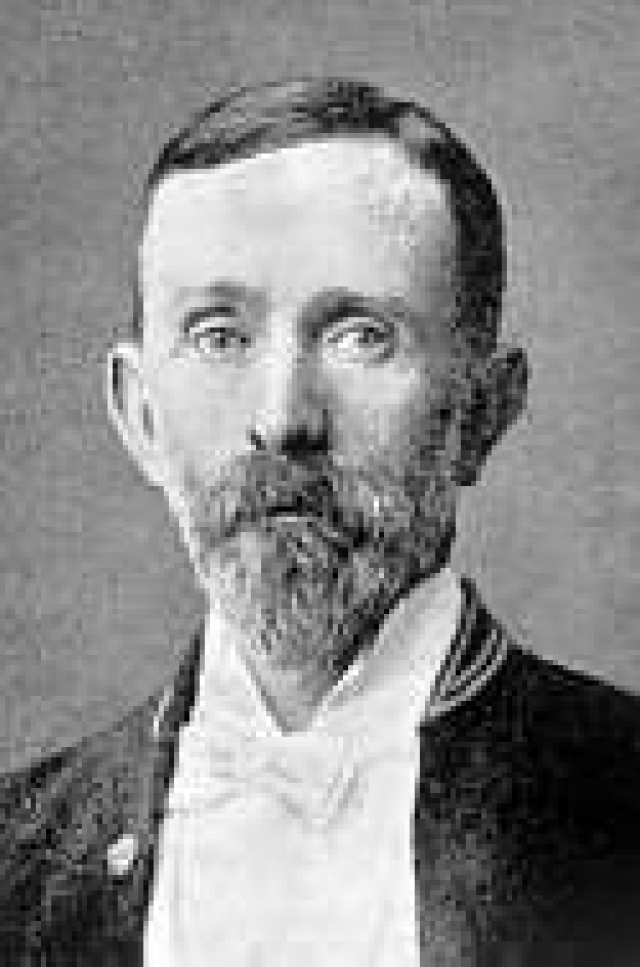MENU

Arthur William Moore was a music and folklore collector, historian and politician whose work was at the heart of the late 19th century Manx cultural revival. He published books on a wide range of subjects such as Manx folklore, music, climate, history, names and famous people. His two-volume History of the Isle of Man was the first serious look at Manx history and is still important today.
What did he do?
When we think about A W Moore and music, we think about his work collecting song lyrics in Manx Gaelic, published in Carvalyn Ghailckagh (1891) and Manx Ballads and Music (1896). Manx Ballads records and translates over 70 songs and around 40 tunes in different versions.
We also know a lot about Manx traditions like Hunt the Wren, The White Boys and May Eve because of Moore’s Folk-Lore of the Isle of Man (1891).
Why was he interested in Manx culture?
It was becoming very fashionable at this time to be interested in things that were Celtic - Manx Gaelic belongs to the Celtic language family. As a young man, Moore learned Manx, became a founding member of the Manx Language Society and its first president. He was the official translator of the Acts of Tynwald into Manx. Together with people like Sophia Morrison, he represented the Island at Celtic festivals. He became the Vice President of the Celtic Association and was recognised with honours from other countries.
Moore thought that it was important for a nation to understand its history and its culture. Publishing books about Manx culture and history reminded people that the Isle of Man was a proud and independent nation.
How did he go about it?
Because his family business employed lots of people, Moore was able to send them out to collect folklore and traditions from a wide range of people so that he could write up the results in his books. He also read a lot of old books and manuscripts which he was able to understand because he was a fluent Manx speaker.
Why is he famous?
Moore wrote and published lots of important books which tell us about Manx culture and history. He was a politician who became Speaker of the House of Keys.
He was given lots of honours/special awards which recognised his work:
Breesha Maddrell
Manx Ballads and Music on Manx Notebook site
thanks to Stephen Miller
Working Guides to Manx Ballads and Music:
MBM4 The Collecting of the Tunes
MBM7 The Robert Gawne Collection
Carvalyn Gailckagh (contents and a few carvals only) on Manx Notebook site

Contact, Links, Acknowledgements, Privacy
© Culture Vannin. Culture Vannin is the trading name for the Manx Heritage Foundation, registered charity 333 in the Isle of Man. Designed by 3 Legs Ltd.